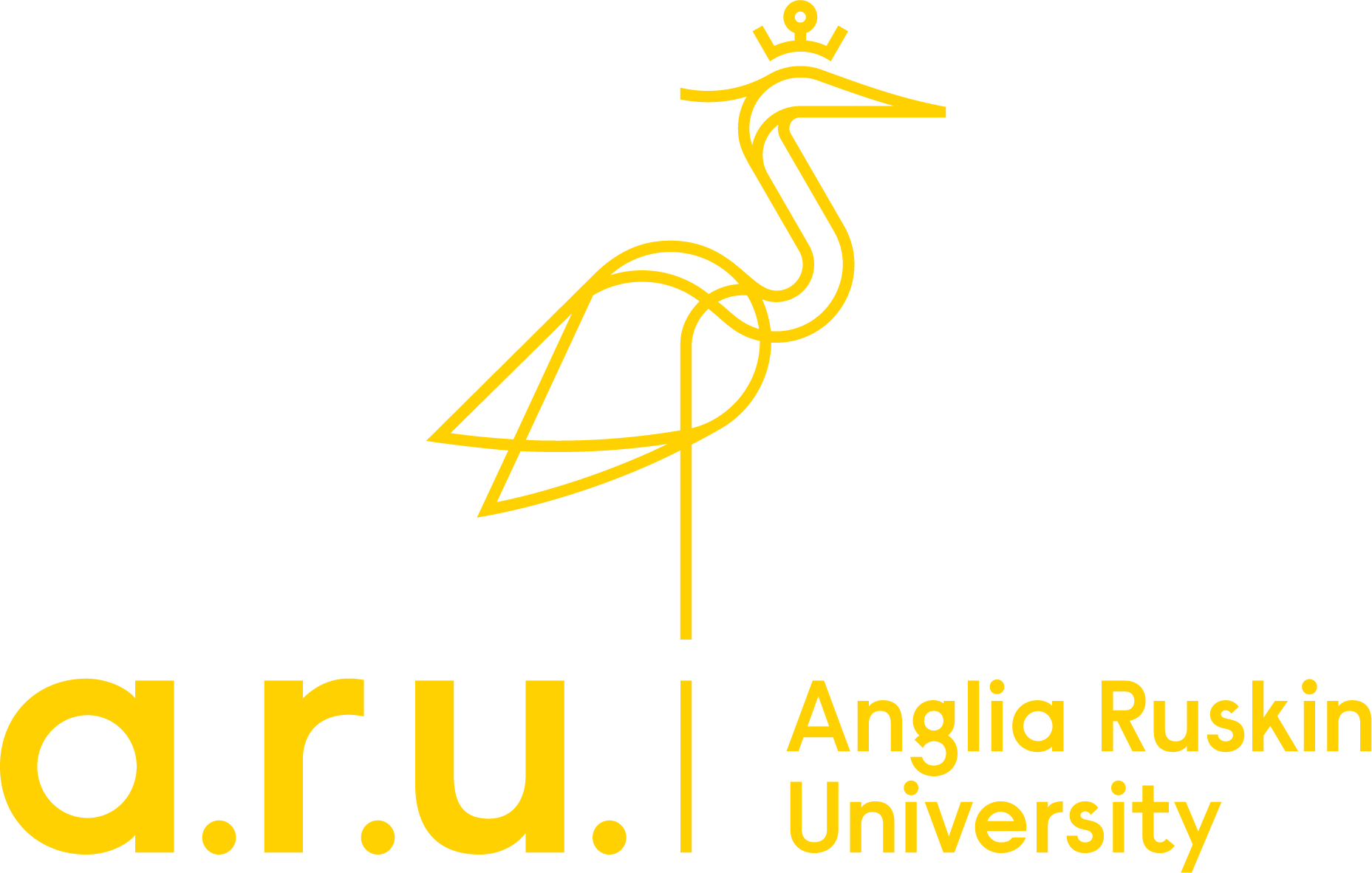What connections can be made between literature, faith and migration? How can literature and creative practice generate cultures of community, belonging, reconciliation and acceptance within the migrant experience? These are just two of the questions that shaped and energised ‘Literature, Migration & Faith’, a public-facing seminar organised by New Routes, Old Roots at ARU in April 2015. In conversation, Dr Jeannette Baxter and Dr Mick Gowar were joined by theologian and pastor Rev Dr Matt Russell and the poet Marlon Lizama who have begun a ground-breaking poetry writing programme in Houston, Texas – Iconoclast – working with youngsters, many from minority ethnic and migrant families, who get trapped in what is called the school to prison “pipeline’’; Sarah Maitland, the eminent British fiction writer, cultural critic and feminist who is currently writing a book on migrations of ‘non-return’; and Dr Frances Ward, writer, theologian and Dean of St Edmundsbury. Coming just a few days after Pope Francis welcomed twelve Syrian refugees into the Vatican, and called for a global transition from a culture of rejection to a culture of encounter and acceptance, the seminar provided a much needed space for discussion and debate on, amongst other things: the role and responsibility of faith leaders in responding to the current migrant crisis; the power of literature to empower young and disenfranchised people; the role that faith might play in creative initiatives; and the development of new communities and ‘accidental friendships’ through literature and the spoken word.
To find out more, visit The Iconoclast Project.
Some audience responses to the evening:
‘Incredibly fascinating discussion particularly around the topics of friendship, love and faith. The seminar made me think and question certain paradoxes and dichotomies of human life. I couldn’t stop wondering whether human beings, if given an unlimited amount of time, could ever reach a utopian state of peace, equality and unification.’
Sourau Mishra, Cambridge.
‘Two phrases that needed more thought: “Imagination holds a space into which we grow” and “There is a theory of change that relies on a new vocabulary”.’
Ros, ARU.
‘This event had a huge impact on what I think the role of poetry and literature can be in society. There is so much potential in words. I had never considered this before. I even want to try to put some of my own words and thoughts on paper now. Thank you for an inspiring evening.’
Rachel, Cambridge.
‘I found myself reflecting on the importance of imagination and inspiration in higher education.’
‘I found myself challenged to create the context for “improbably friendships”.’
Amy, ARU.
‘This event has made me think differently – far more openly – about my own role in the migrant crisis. I want to get involved in order to help people. I’m not sure how, but I’m inspired to contact local charities to see how I can help. No matter how small my contribution.’
Richard, Cambridge.
‘The importance of bringing the “unexpected” together: words, people, faith, and creating space for the imagination.’
Kate, Norwich
‘I felt challenged and inspired by this event. Hearing the poetry produced by young people who have been disregarded by society because of their history was very moving. Iconoclast is an inspiring and important programme! Great work.’
Tom, Cambridge.
My engagement with New Routes Old Roots: Literature, Migration and Faith, deeply ingrained in me the bedrock sense of liberal culture; the very idea of building bridges across the host-emigrant divide in order to forge an engaged community of friendships in the diaspora. The event offered an alternative gesture of belonging, a kind of gesture that collapses the boundaries of human identity, race, creed, tribe, class, and nationality into a single whole. I personally left the event imagining a world full of different cultures but, yet, marching towards the drum of one love.
Joshua Cambridge


 Simon Floyd: Director's Blog
Simon Floyd: Director's Blog Wensum Junior School: working as historians
Wensum Junior School: working as historians
Leave a comment